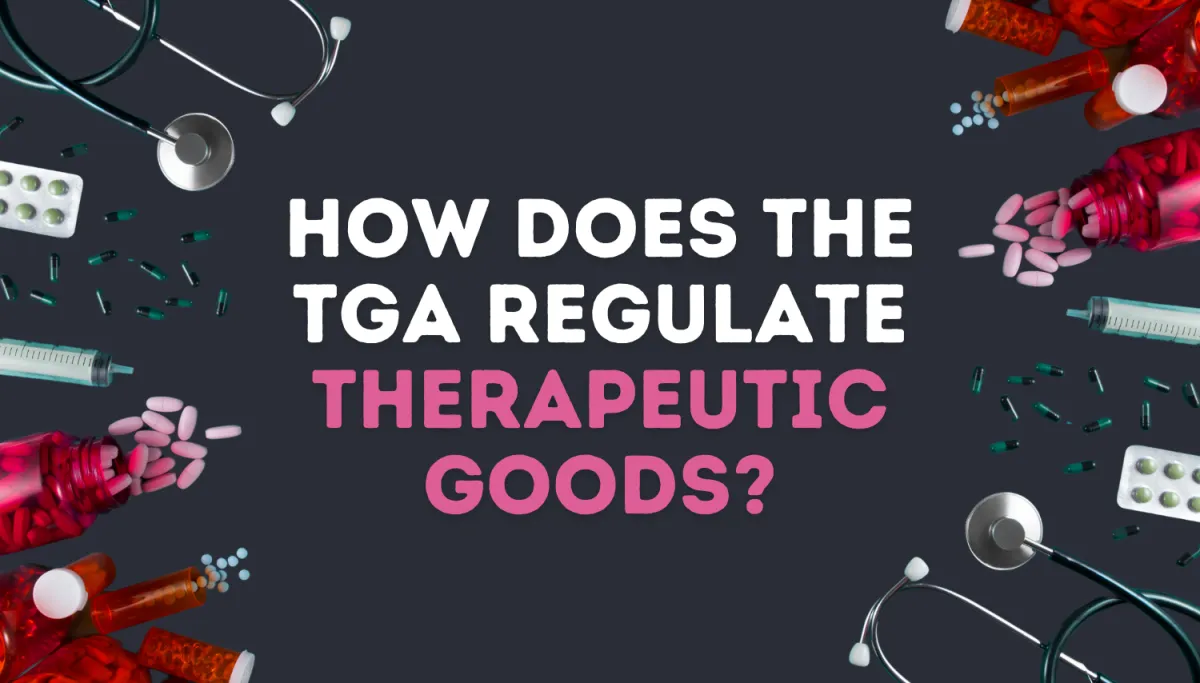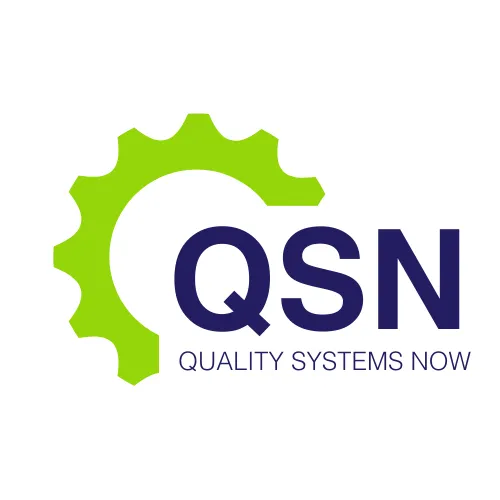LATEST NEWS

How does the TGA regulate therapeutic goods?
The Therapeutic Goods Administration (TGA) is the primary regulatory body in Australia responsible for ensuring the safety, efficacy, and quality of therapeutic goods, which include medicines, medical devices, blood products, and biologicals. As a key arm of the Australian Government Department of Health, the TGA’s regulatory framework is designed to protect public health by controlling the supply, import, export, manufacture, and advertising of therapeutic goods. This comprehensive system involves a combination of pre-market assessment, post-market monitoring, and enforcement activities that align with international standards while addressing the specific needs of the Australian population.
Regulatory Framework and Classification of Therapeutic Goods
The TGA operates under the Therapeutic Goods Act 1989, which provides the legal foundation for the regulation of therapeutic goods in Australia. The Act is supported by various regulations, including the Therapeutic Goods Regulations 1990 and the Therapeutic Goods (Medical Devices) Regulations 2002. These legal instruments empower the TGA to classify, assess, and monitor therapeutic goods based on their risk profile.
Therapeutic goods are classified into different categories according to the level of risk they pose to consumers. The TGA uses a risk-based approach to regulation, which means that products with higher risks are subject to more stringent regulatory requirements. For example, prescription medicines, which are classified as high-risk products, undergo rigorous pre-market evaluation and post-market surveillance, while lower-risk products like complementary medicines and over-the-counter (OTC) products are subject to less stringent controls.
The classification of therapeutic goods into medicines, medical devices, biologicals, and other categories determines the regulatory pathway they must follow. Medicines are further divided into registered and listed products. Registered medicines, which include prescription and some OTC medicines, undergo a thorough evaluation of quality, safety, and efficacy before they can be supplied in Australia. Listed medicines, typically lower-risk products such as vitamins and herbal supplements, must meet quality and safety standards but do not require the same level of pre-market assessment as registered medicines.
Pre-Market Assessment and Approval
One of the TGA’s critical roles is the pre-market assessment and approval of therapeutic goods. For medicines, this process involves evaluating the product’s quality, safety, and efficacy based on clinical trial data, manufacturing processes, and other relevant information. The TGA’s evaluation ensures that the benefits of a medicine outweigh any potential risks before it is made available to the public.
For prescription medicines, the evaluation process is rigorous and involves a detailed review of the chemical composition, pharmacokinetics, pharmacodynamics, clinical trial data, and risk management plans. The TGA also assesses the manufacturing facilities and processes to ensure they comply with Good Manufacturing Practice (GMP) standards. This comprehensive assessment helps to mitigate risks associated with the medicine and ensures that it meets the required standards for safety and efficacy.
Medical devices are also subject to pre-market assessment, with the level of scrutiny depending on the device’s risk classification. Higher-risk devices, such as implantable devices, must provide substantial evidence of safety and performance, including clinical data, to support their intended use. The TGA also conducts conformity assessments, which involve verifying that the device meets essential principles for safety and performance outlined in the Therapeutic Goods (Medical Devices) Regulations.
Biologicals, including blood, tissues, and cellular therapies, undergo a separate regulatory pathway that focuses on the unique risks associated with these products. The TGA’s assessment of biologicals includes a review of donor screening processes, product manufacturing, and clinical data to ensure that the biological is safe, effective, and of high quality.
Post-Market Monitoring and Pharmacovigilance
The TGA’s responsibility extends beyond the approval of therapeutic goods to include post-market monitoring and pharmacovigilance. This ongoing surveillance is crucial for identifying and managing risks that may emerge once a product is on the market and used by a broader population.
Post-market monitoring includes the collection and analysis of adverse event reports, periodic safety update reports (PSURs), and other relevant data. The TGA’s Adverse Event Management System (AEMS) is a key component of this process, allowing healthcare professionals, consumers, and sponsors to report any adverse reactions or quality issues related to therapeutic goods. The TGA analyzes these reports to identify potential safety concerns and, if necessary, takes regulatory actions such as updating product information, restricting use, or even withdrawing the product from the market.
Pharmacovigilance is particularly important for medicines, where ongoing assessment of safety data is essential for maintaining a favorable risk-benefit profile. The TGA requires sponsors to maintain a pharmacovigilance system that monitors the safety of their products and ensures timely reporting of any significant findings. This system includes the submission of PSURs, which provide an overview of the safety profile of the product, including new safety data and an evaluation of the risk-benefit balance.
For medical devices, post-market monitoring includes the review of incident reports, field safety corrective actions (FSCAs), and periodic safety update reports. The TGA’s Incident Reporting and Investigation Scheme (IRIS) is the primary mechanism for reporting adverse events related to medical devices. This system enables the TGA to investigate incidents, assess the need for corrective actions, and communicate safety information to healthcare professionals and the public.
Enforcement and Compliance Activities
Enforcement is a critical aspect of the TGA’s regulatory role, ensuring that therapeutic goods on the market continue to meet the required standards. The TGA has the authority to take a range of enforcement actions, including product recalls, suspension or cancellation of product registrations, and legal proceedings against non-compliant entities.
The TGA conducts regular inspections of manufacturing facilities, laboratories, and distribution centers to ensure compliance with GMP and other regulatory requirements. These inspections are part of the TGA’s proactive compliance monitoring and are supplemented by audits and investigations based on adverse event reports or other intelligence.
In cases where non-compliance is identified, the TGA works with sponsors to address the issues and implement corrective actions. In more serious cases, the TGA may initiate a product recall or take legal action to protect public health. The TGA’s recall system is well-established and includes mechanisms for promptly removing unsafe or non-compliant products from the market.
Does your organisation need support navigating TGA regulations?
The TGA plays a pivotal role in safeguarding public health in Australia through its comprehensive regulation of therapeutic goods. By implementing a robust regulatory framework that includes pre-market assessment, post-market monitoring, and enforcement activities, the TGA ensures that therapeutic goods available in Australia are safe, effective, and of high quality. The TGA’s commitment to maintaining these standards is critical in fostering public trust in the healthcare system and ensuring that Australians have access to safe and effective therapeutic products.
